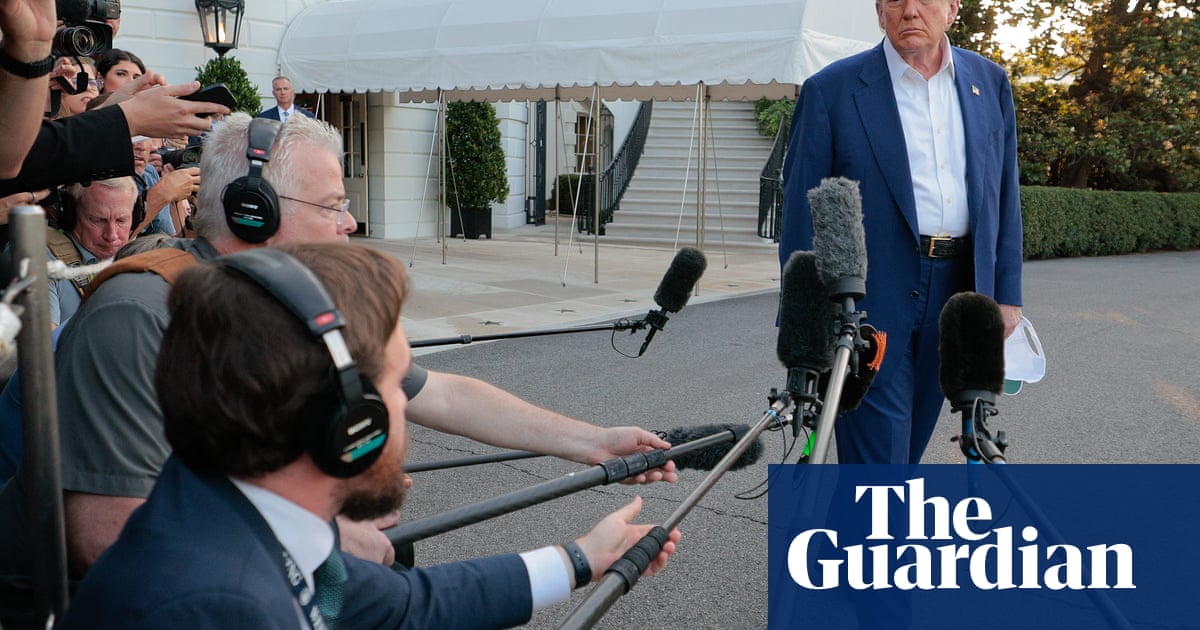Controversy and Criticism: The Aftermath of Iran Strikes Under Trump's Command

In the wake of recent military actions against Iran, the Trump administration finds itself embroiled in a storm of controversy and criticism. The strikes, which were intended to serve as a decisive response to escalating tensions, have instead sparked a fierce debate over their effectiveness and the administration's handling of the situation.
The decision to launch the strikes was met with a mix of approval and skepticism. Proponents within the administration hailed the operations as a necessary measure to assert American strength and deter further aggression. However, the execution and aftermath of the strikes have drawn significant criticism, both domestically and internationally. Critics argue that the actions were hasty and lacked a coherent long-term strategy, potentially exacerbating regional instability.
President Trump's response to the backlash has been characteristically defiant. In a series of public statements, he defended the strikes as a resounding success, dismissing detractors with a barrage of profanity-laden rhetoric. This approach, while energizing his base, has further polarized public opinion and raised questions about the administration's diplomatic tact.
The international community has also weighed in, with several key allies expressing concern over the potential ramifications of the strikes. The lack of a unified international front has complicated efforts to address the broader geopolitical challenges posed by Iran, highlighting the delicate balance of power in the region.
As the dust settles, the Trump administration faces the daunting task of navigating the complex web of consequences resulting from the strikes. The situation underscores the intricate interplay between military action and diplomatic strategy, with far-reaching implications for U.S. foreign policy and global stability.
🔮 Fortellr Predicts
Confidence: 75%
The immediate aftermath of President Trump's strikes on Iran will likely witness an intense flurry of diplomatic activity as regional and international actors assess the situation. Israel and Iran, despite a fragile ceasefire, are poised to rearm and prepare for potential further hostilities, given the temporary setback of Iran's nuclear program. Trump's unprecedented public admonishment of Israel could strain US-Israel relations, prompting Israel to reconsider its tactical approaches in the region. Domestically, Trump's actions will elicit widespread political controversy, especially concerning his foreign policy efficacy and executive overreach, affecting both public and international perception of US commitments. Economically, while short-term impacts on oil markets may stabilize, the uncertainty surrounding Iran's future responses could influence longer-term oil supply considerations. Iran, grappling with internal political shifts due to leadership uncertainties, could use the perceived external threat to consolidate national unity and expedite negotiations with global powers to reduce sanctions, although clandestine nuclear activities are likely to persist regardless of setbacks. The US domestic landscape will be characterized by heightened criticism towards Trump's aggressive foreign policy, influencing upcoming legislative agendas and potentially affecting mid-term national political calculations.